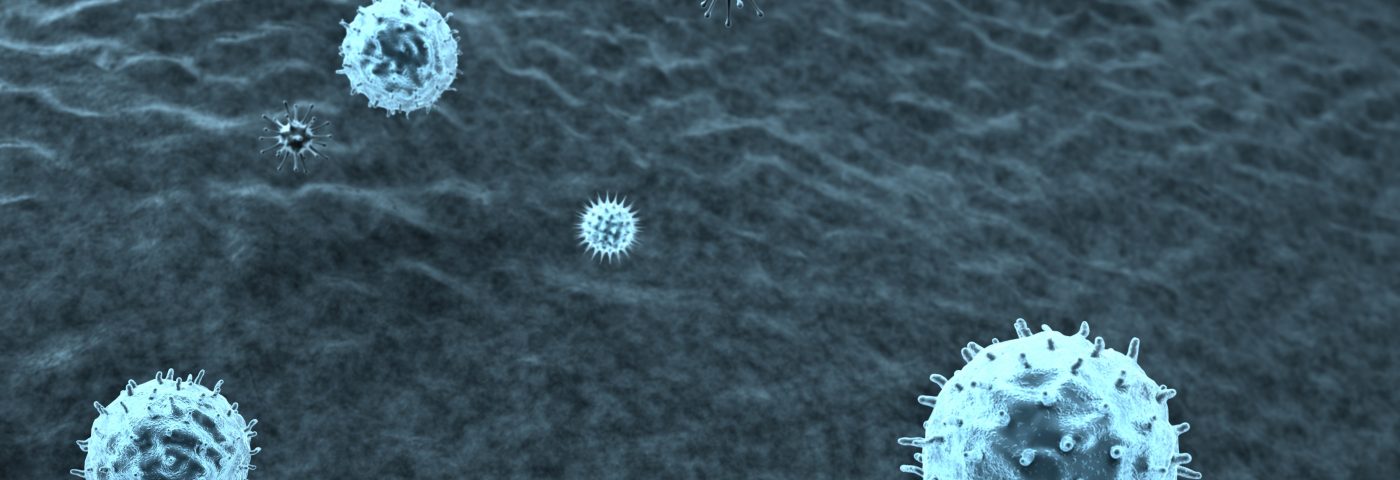CAR T-cell therapies have revolutionized cancer treatment, but the method, used to target B-cell related cancers, has its drawbacks. Now, researchers have designed a new type of CAR cell that targets only cancerous B-cells and spares healthy ones — by making use of a simple factor that distinguishes them.
Surviving B-cell lymphoma with the help of CAR T-cell therapy — an experience so far restricted to patients in clinical trials — is not the end of a person’s medical problems. Current therapy wipes out all B-cells, malignant or not, and the treatment has been linked to lingering populations of CAR cells continuing to attack normal B-cells, leaving patients with a poor immune response to infections.
B-cells, however, have a defining characteristic that might serve to develop different CAR T-cell therapies, and researchers at the Baylor College of Medicine put it to use.
“We reasoned that targeting the light chain expressed by malignant B cells should efficiently kill tumor cells while sparing normal B cells expressing the other type of light chain,” Dr. Carlos A. Ramos, an associate professor in the Center for Cell and Gene Therapy at Baylor, Houston Methodist Hospital and Texas Children’s Hospital, said in a news release.
The light chain comes in the form of either a κ (kappa), or a λ (lambda) version. These parts of the surface of B-cells divides them into two mutually exclusive populations. When a cancer such as non-Hodgkin lymphoma, chronic lymphocytic leukemia, or multiple myeloma strikes, it will develop from cells expressing either the κ- or the λ-light chain, but not both.
The study, “Clinical responses with T lymphocytes targeting malignancy-associated κ light chains,” describes how the team identified patients with B-cell related cancers, including nine with non-Hodgkin lymphoma and seven with multiple myeloma, whose cancer cells expressed only the κ-light chain. Using the patients’ own T-cells, researchers then engineered CAR T-cells that would recognize only cells carrying this surface structure and infused them back into the patients.
While this Phase 1 clinical trial mainly focused on the therapy’s safety and tolerability, the treatment also proved to be effective against the cancer. Four of the nine patients with non-Hodgkin lymphoma or chronic lymphocytic leukemia responded to the therapy, with two experiencing a complete response, one a partial response, and the remaining one stabilized. Also, four of the seven multiple myeloma patients were stable after the treatment for two to 17 months.
Importantly, the treatment seemed to be less toxic than previous CAR T-cell therapies. No patients developed the feared cytokine release syndrome — an immune response so fierce it can kill. Overall, the study, published in the Journal of Clinical Investigation, reported that the treatment was well-tolerated.
“Our approach, although we are still optimizing it, offers a new possibility for patients in whom other treatments have not been successful,” Dr. Ramos concluded.


